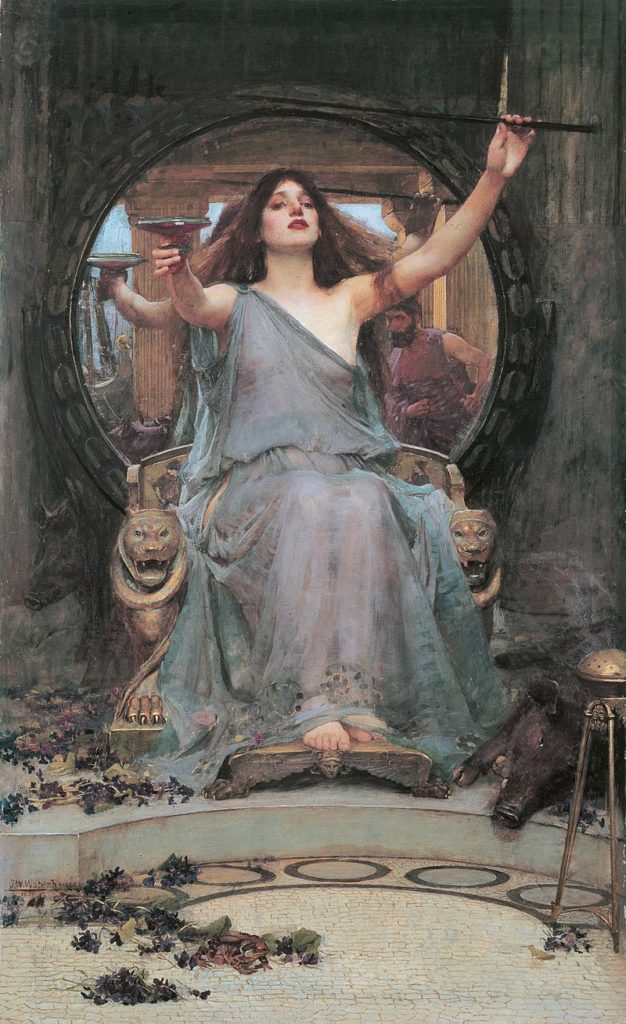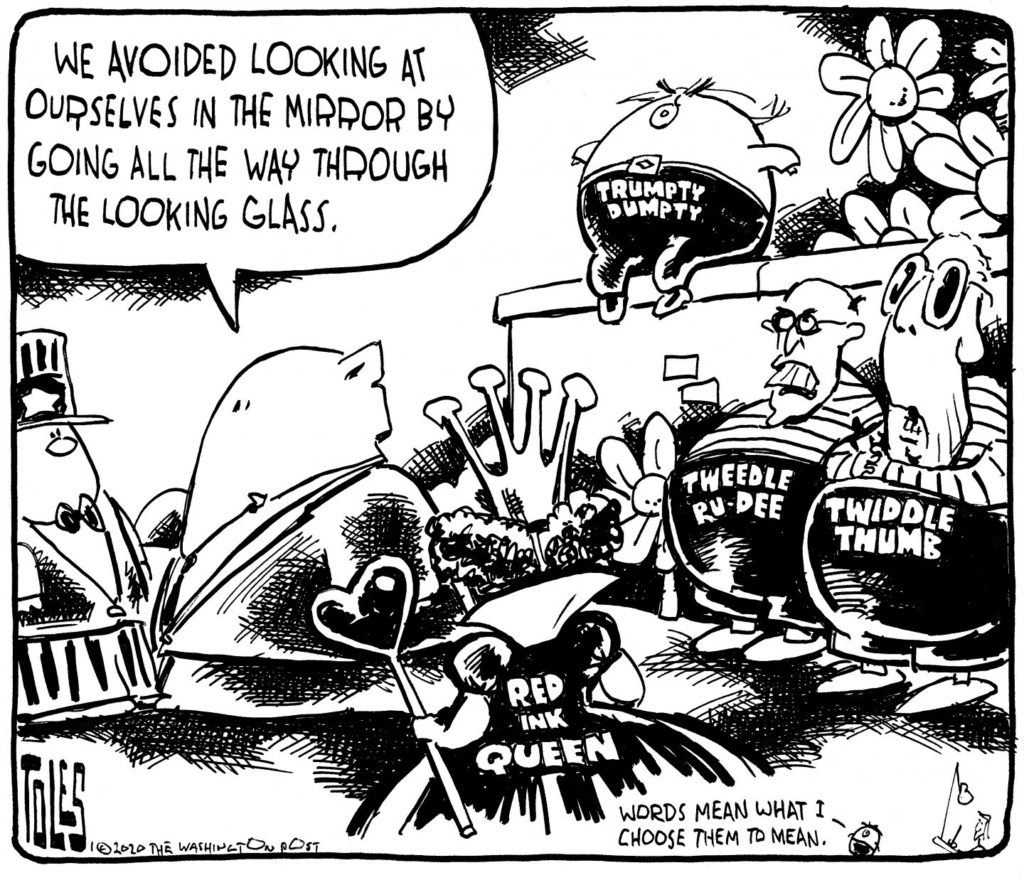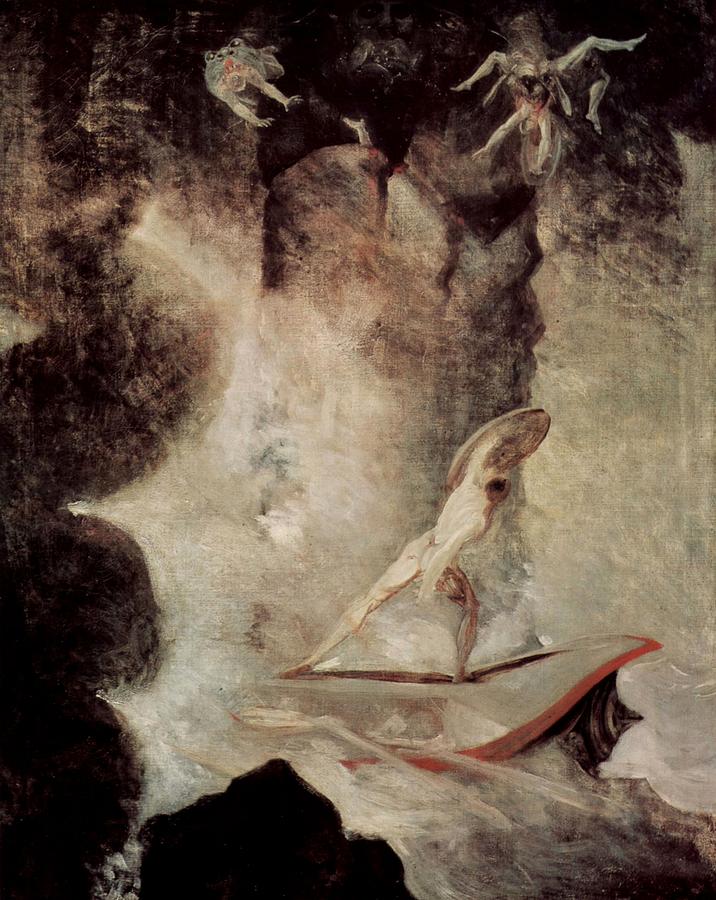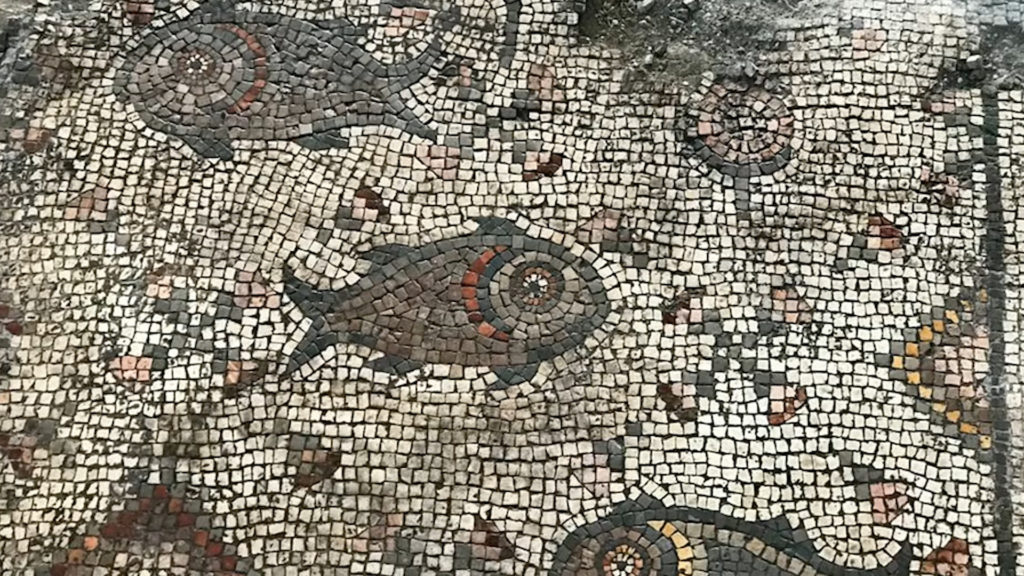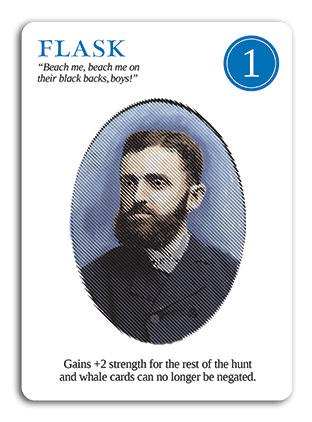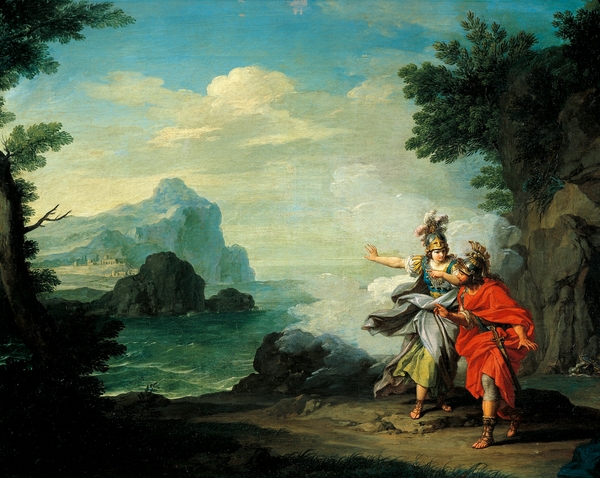
Spiritual Sunday
As my Sewanee students have been intrigued by the meaning of the gods in The Odyssey, here are some of my own observations. An illuminating conversation occurs at the beginning of Book 5 when Athena and Zeus essentially have a conversation about why bad things happen to good people.
As in The Book of Job, two divinities discuss the significance of human suffering. Athena observes that, if there’s no divine accountability–if good kings suffer while bad kings prosper–then rulers can do whatever they want:
“Father, and all immortal gods,” she said,
“No longer let a sceptered king be kin,
or gentle, or pay heed to right and wrong.
Let every king be cruel, his acts unjust!
Odysseus ruled gently, like a father,
but no one even thinks about him now.
The wretched man is stranded on an island;
Calypso forced him to stay with her.
He cannot make hi way back to his country.
(trans. Emily Wilson)
Zeus, agreeing, assures his daughter that everything happens for a reason. Odysseus may not understand why he’s been shipwrecked for seven years, but the gods of divine justice have an explanation:
Smiling at her, Lord Zeus who heaps the clouds
replied, “Ah, daughter! What a thing to say!
Did you not plan all this yourself, so that
Odysseus could come and take revenge
Upon those suitors?"
Zeus then sends out two orders to make sure that justice prevails. The first ensures that Telemachus will not be killed by the suitors, who are preparing to ambush his boat, and the second sets in motion Odysseus’s release from Calypso’s island:
“Now use all your skill:
ensure Telemachus comes safely home,
and that the suitors fail and sail away.”
Then turning to his son he said, “Dear Hermes,
you are my messenger. Go tell the goddess
our fixed intention: that Odysseus
must go back home—he has endured enough.”
Later we see Odysseus, not fully convinced by a turn of good luck, chastising Athena for abandoning him:
I did not see you there on board my ship,
daughter of Zeus. You gave me no protection.
Lost and confused, I waited for the gods
to free me from my pain.
Rather than taking offense (as God does with Job), Athena tells our hero that, because of his “keen intelligence,” she will never leave him. Put another way, when a human has certain god-like abilities, the gods will stick with him. Great people make their own luck, we sometimes say, and in Homer’s cosmology such luck is given the face of an Olympian god:
With glowing eyes she said, “You always have
such keen intelligence, and that is why
I cannot leave you when you need my help.
You have such intuition and such focus."
In his classic work The Theory of the Novel (1920), literary theorist George Lukacs writes that Homer’s epic heroes can never be lost, no matter how far they wander. That’s because the gods that provide life with meaning are always present. In the following passage, think of “light” as the light of meaning and “fire” as the passion that burns within individuals:
Happy are those ages when the starry sky is the map of all possible paths—ages whose paths are illuminated by the light of the stars. Everything in such ages is new and yet familiar, full of adventure and yet their own. The world is wide and yet it is like a home, for the fire that burns in the soul is of the same essential nature as the stars; the world and the self, the light and the fire, are sharply distinct, yet they never become permanent strangers to one another, for fire is the soul of all light, and all fire clothes itself in light. Thus each action of the soul becomes meaningful and rounded in this duality: complete in meaning—in sense—and complete for the senses; rounded because the soul rests within itself even while it acts; rounded because its action separates itself from it and, having become itself, finds a center of its own and draws a close circumference found itself.
This is complex stuff, much of it drawn from Hegel, and I don’t pretend to entirely understand it. But what I gather is that one can’t separate Odysseus from the gods that watch over him—they are both metaphorical expressions of his inner psychology (fire) and the belief system in which he swims (light).
To draw a contrast, Lukacs believes that the novel succeeded the epic when the gods disappeared from the world. To cite an illuminating example, coincidences that occur in novels (see Dickens especially) would make no sense in a Homeric epic, where the gods arrange everything. In novels, individual characters search for higher meaning that is not readily apparent whereas, in The Odyssey, that meaning is always there at hand. Why must Odysseus go home? Because we see Zeus decreeing it.
Not only do the gods direct traffic from above, but humans make constant reference to them. Has a voyage gone well? The gods favored them. Has it gone poorly? They forgot to sacrifice to the relevant god (often Poseidon). When they sacrificed but were still unsuccessful, they fatalistically assume that, for some unknown reason, the gods chose not to accept the sacrifice.
And then there are those moments when the gods show up in human form. It is not Mentor who gives Telemachus the wise advice he needs but Athena disguised as Mentor. It is not a slave girl who directs Odysseus’s step in a strange land but Athena disguised as the girl. There’s a cosmological explanation for anything that goes right for you, and also for anything that goes wrong. The world may be wide, to cite Lukacs again, “yet it is like a home.”
In a more secular age, we may read the gods as metaphorical expressions of things we can’t otherwise explain. When Odysseus converses with Athena to devise ways for dealing with the suitors, he is really drawing on his own deep intelligence, which seems god-like to the rest of us. But before we dismiss this as mere superstition, what better explanation do we have for, say, Kobe Bryant’s ability to sink last-second game-winning shots? We say “talent” or “genius,” but that’s just another way of noting that he has done something superhuman. Homer at least provides us with an explanatory narrative.
In class the other day, I pulled up Thomas Hardy’s poem “Hap,” where the poet says he would rather have a malevolent god who wished him ill than no god at all. The latter leaves us with an empty void of cause and effect (“Crass Casualty,” “dicing Time”). It’s more comforting to think that Poseidon has a quarrel with us than that storms at sea have no extrinsic meaning. If we angered the sea god by omitting a sacrifice, we can console ourselves that there’s something we could have done, that adversity isn’t entirely out of our control.
Lukacs, writing within the Enlightenment tradition, assumes that we no longer think this way, but many fundamentalist Christians, not to mention Orthodox Jews, devout Muslims and Hindus, and others, operate in precisely this framework. Whereas scientists want their explanations to be empirically verified and are not satisfied with “it’s God’s will,” there are plenty of people in the world who choose faith over reason. I myself choose both, but it’s useful for me to submerge myself in characters who see the world otherwise.

